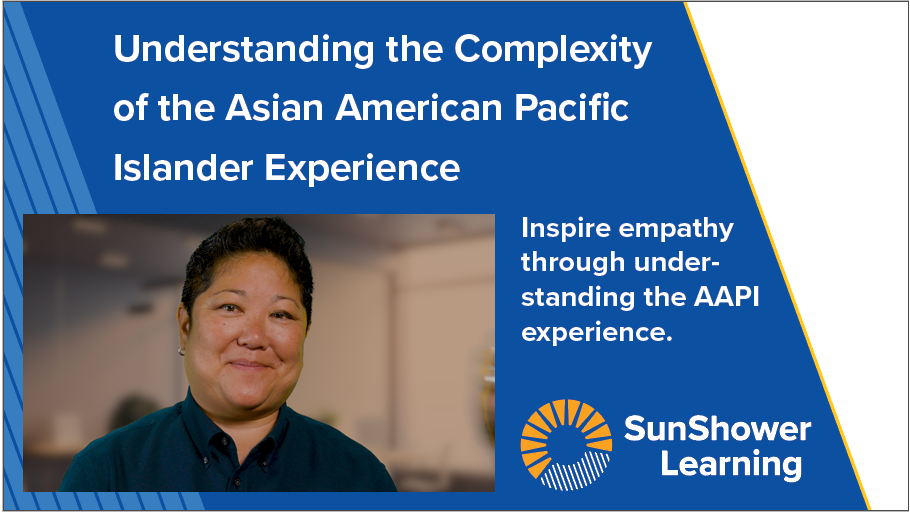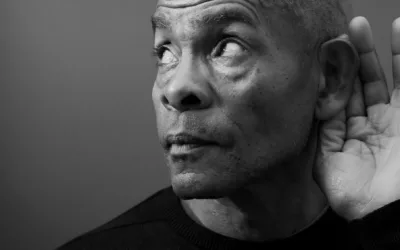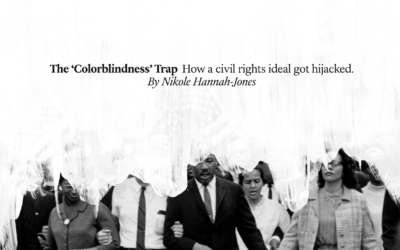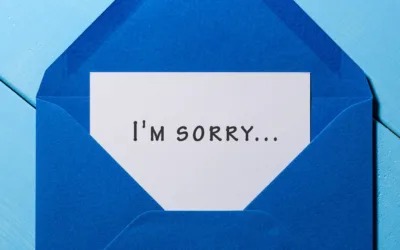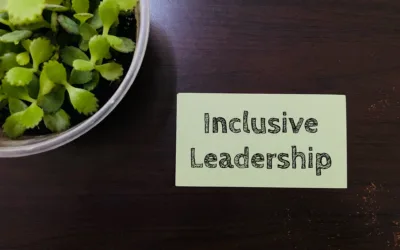How Unconscious Bias Affects the Hiring Process
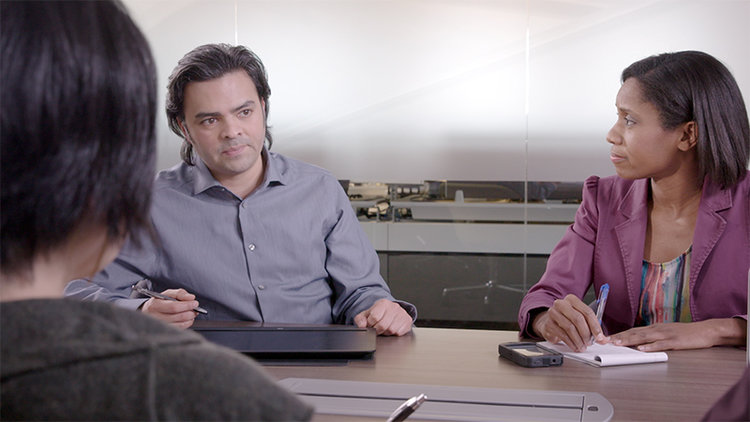
Bias in hiring is still an issue as many hiring managers continue to eliminate qualified candidates based on stereotypical assumptions. Conscious and unconscious bias prevents candidates of particular races and those who lack certain characteristics from getting hired. On the other hand, strictly making diversity hires also eliminates many qualified candidates. The real solution is to identify how and where the biases cause harm. Here are some places where biases play a detrimental role in the hiring process.
BIASES THAT OCCUR DURING RESUME SCREENING
Biases during resume screening prevent a lot of good candidates from getting hired. Some resume reviewers make it a point to only hire people with degrees from certain educational institutions. This practice can unfairly eliminate many good candidates. One way to correct this issue is to prevent recruiters from denying interviews based on invalid criteria in a resume.
NAME BIAS
Screening out potential hires based on name plays a tremendous role in deciding who to gets an interview. Studies have shown that certain names, ones that sound ethnic or hard-to-pronounce, are less likely to get a response to their resume from a hiring manager. Part of the reason is that a name can unwittingly reveal a bias. Some firms are now starting to hide names and other information on resumes to eliminate this type of bias.
PHYSICAL CUES IN THE FIRST FEW MINUTES OF AN INTERVIEW
In some cases, the decision to hire someone is made in the first few minutes of an interview. It’s important to identify biases that form during this time. The bias that occurs as a result of a first-impression may be based on factors like how a person is dressed, any noticeable disabilities, race or gender. Emphasizing the importance of holding off judgments until the conclusion of the interview will help to deter some of these biases.
PHYSICAL CUES THROUGHOUT THE DURATION OF THE INTERVIEW
Many qualified candidates get rejected before the interview ends. The decision to reject the candidates are often based on invalid reasons, like lack of aggressiveness or confidence. Those in charge of hiring should undergo training to help reduce interview biases. Providing a checklist of valid rejection factors will also reduce the occurrence of interview bias.
ASKING QUESTIONS THAT ARE NOT RELATED TO THE POSITION
Some interview questions many have nothing to do with the testing the candidate’s ability to perform the job. A question that asks the candidate to create a story eliminates candidates who do not know how to tell a story or may be nervous. Good questions would involve the candidate explaining how they would perform a job-related task. These questions also serve as an indication whether the candidate is right for the job.
Conscious and unconscious bias affects the hiring process at many companies. Understanding how bias presents itself and preventing it is the best way to eliminate the problem. Bias doesn’t just affect the candidate; it prevents firms from hiring the best and brightest.
NOW THAT YOU UNDERSTAND HOW UNCONSCIOUS BIAS CAN NEGATIVELY AFFECT A WORKPLACE, LEARN HOW TO STOP IT.
More From Our Blog…
Understanding Employee Responses to DEI Initiatives: Insights and Strategies
A recent study sheds light on a previously underexplored aspect of DEI training. While much focus has been placed on the facilitators, trainers and the content of DEI programs, this study examines how employees actually respond to the training. Published in Harvard...
SHRM’s Removal of “Equity” From DEI Framework: A Step Backwards Amid Growing Backlash
In a stunning step in the wrong direction, the Society for Human Resources Management (SHRM), the world’s largest HR association, has removed “Equity” from its “IE&D” framework. What message does this send, especially amid strong pushback against Diversity, Equity...
Navigating the Shifting Landscape of Diversity, Equity and Inclusion Programs
In the midst of the evolving landscape of corporate diversity initiatives, there's a seismic shift underway. The once-prominent acronym "DEI" - representing diversity, equity and inclusion - is notably absent from many company discussions. As explained in the article...
A Groundbreaking New Course: Understanding the Complexity of the Asian American Pacific Islander Experience
With over two decades of experience in the educational sector, Hideko Akashi, founder and lead consultant at Liberation Consulting, has been a steadfast advocate for diversity, privilege, social justice, inclusion and equity. Now, she's opening a new chapter with the...
The Deafening Silence of DEI Allies: A Call to Action in Troubled Times
As we commemorate the legacy of Rev. Dr. Martin Luther King Jr., his poignant words echo through the corridors of history, reminding us of the profound impact of silence in the face of injustice.” In the end, we will remember not the words of our enemies, but the...
DEI LEAP: Empowering Leaders Through Turbulent Times
DEI LEAP: Empowering Leaders Through Turbulent Times As we all know, 2024 has brought a wave of attacks against DEI. A handful of outspoken critics, such as Elon Musk, are misrepresenting DEI and attacking the strategies and practices that are creating more equitable...
The Colorblindness Trap
Read. This. Article. It's important. The Color Blindness Trap: How a civil rights ideal got hijacked Nikole Hannah-Jones is a domestic correspondent for The New York Times Magazine focusing on racial injustice. Her extensive reporting in both print and radio has...
The Unbearable Lightness of the “I’m Sorry if You Were Offended” Apology
Have you ever come across that non-apology apology? You know, the one that goes, "I’m sorry if you were offended," or its close cousin, "I’m sorry that you…" These non-apologies aren't just weak; they can actually inflict more harm and exacerbate hurt feelings. They...
The Power of Diversity: McKinsey’s Latest Report Reinforces the Business Case for Inclusive Leadership
In an era where corporate social responsibility is no longer just a buzzword but a fundamental aspect of successful business strategies, McKinsey's latest report, "Diversity Matters Even More: The Case for Holistic Impact," underscores the undeniable link...
“Laying Low” Is the Wrong DEI Strategy
“The ultimate measure of a man is not where he stands in moments of comfort and convenience, but where he stands at times of challenge and controversy.”- Martin Luther King, Jr. In an era marred by politicized attacks on diversity, equity and inclusion (DEI), Shaun...




